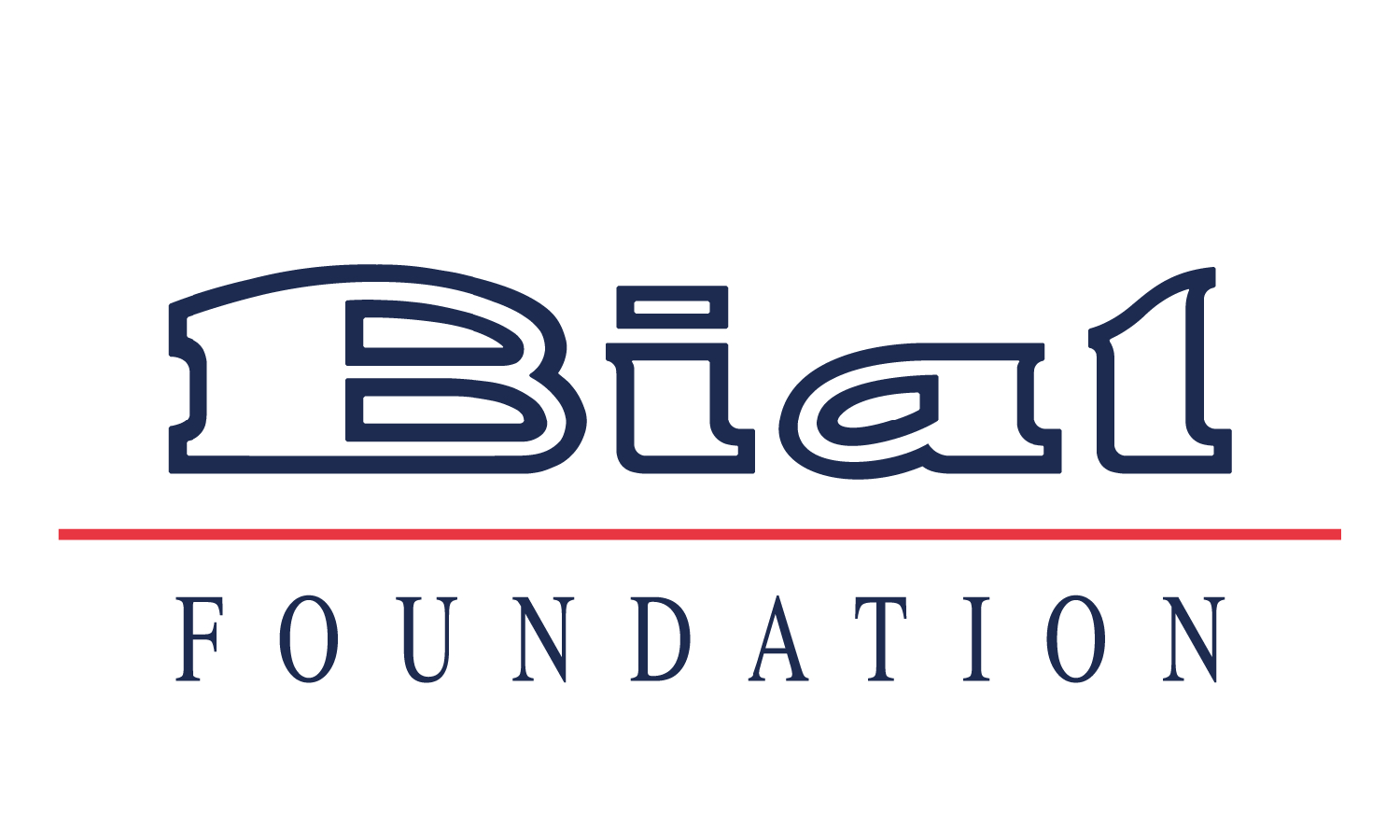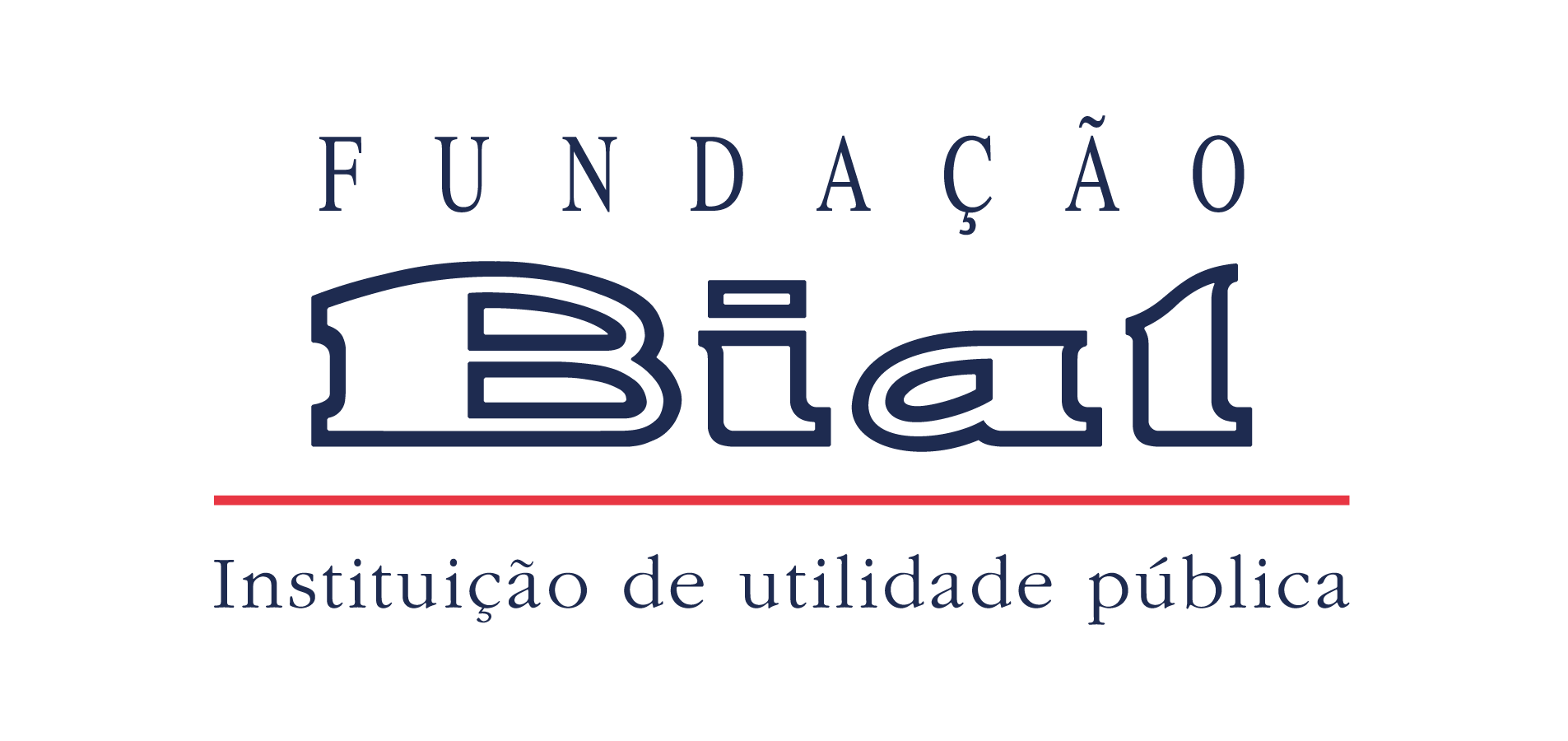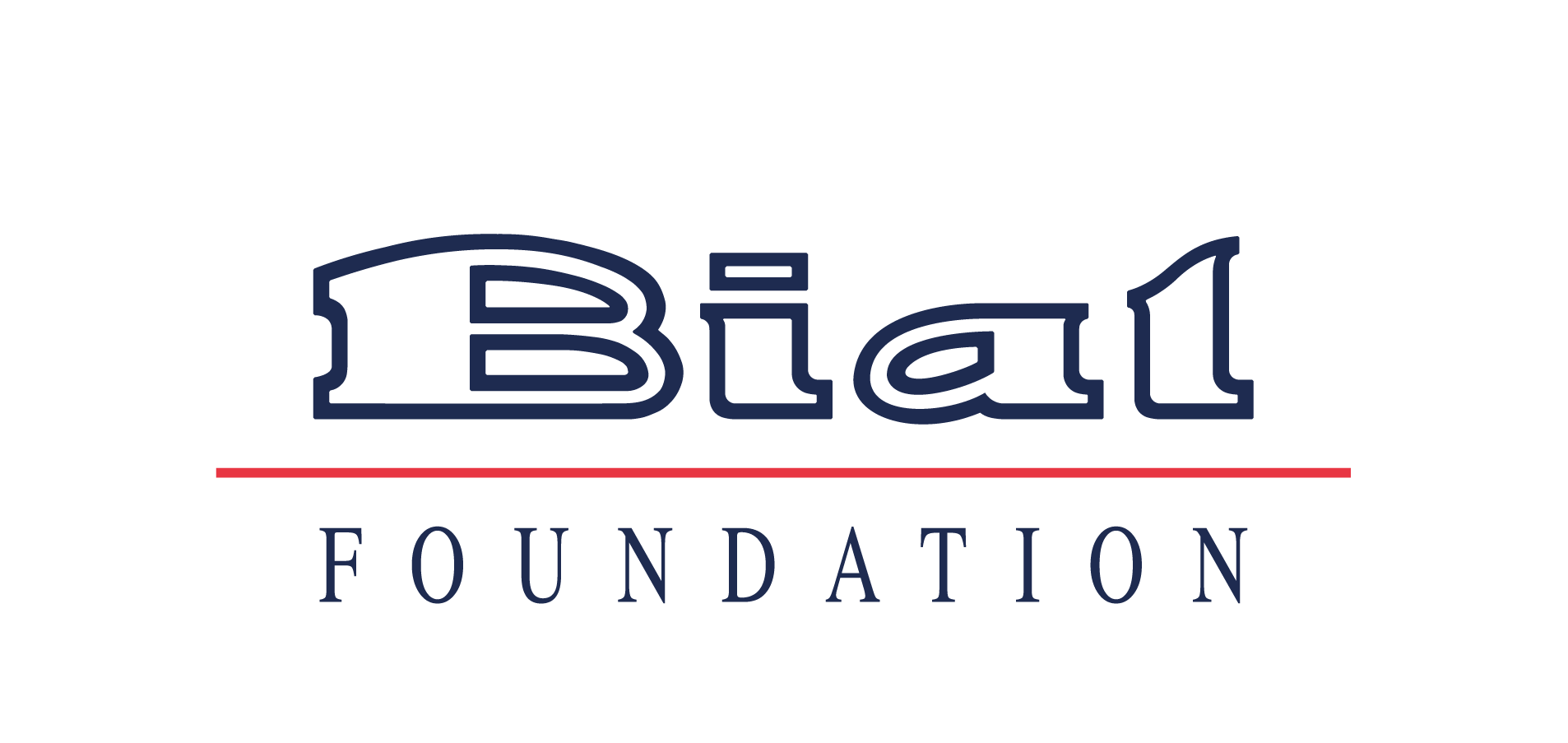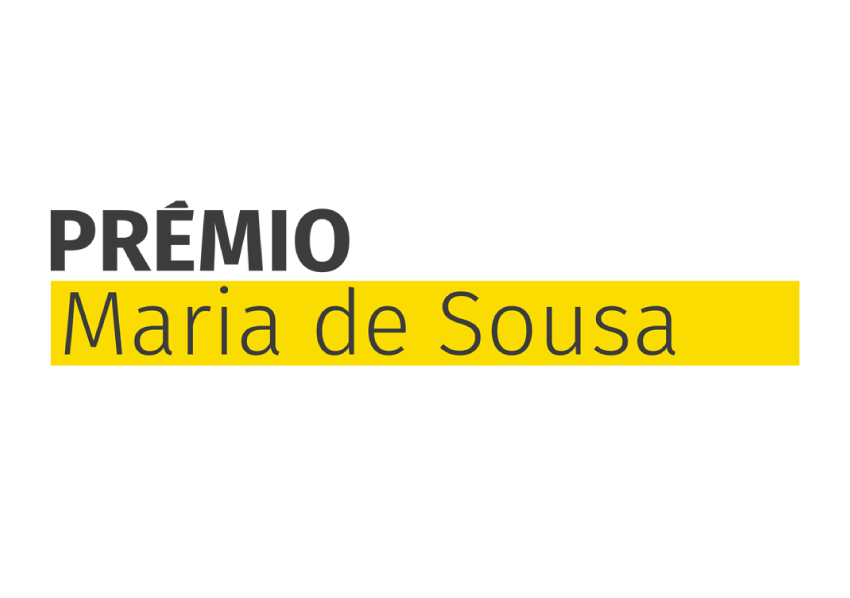News
- Science Stories
- Highlights
- Looking for collaboration
- Helpful links
- Logos
Science Stories
It is our mission being accomplished. Since 1994, the BIAL Foundation has approved for funding 946 projects, involving around 1900 researchers from 31 countries. There are three decades of support to Scientific Research Projects oriented toward the neurophysiological and mental study of the human being, in the areas of Psychophysiology and Parapsychology.
Discover the stories behind the science.
Science Stories

Does your dog have social skills?
A study suggests that viewing the owner’s face works as a positive social reinforcement for dogs. Learn more about this and other surprising results about “man’s best friend”.
News

How stress affects social cognition?
The research team of project 72/18 - Temperamental influences on social cognition under stress, coordinated by Frederike Beyer, published in the journal Stress: The International Journal on the Biology of Stress the paper Regulating interpersonal stress: the link between heart-rate variability, physical exercise and social perspective taking under stress. “Social interactions can be stressful, especially if they involve provocation or ambiguity. At the same time, such interactions necessitate social cognition. The question thus arises how stress affects social cognition and how personality attributes modulate this effect. The aim of the current study was to investigate the link between emotional reactivity, physical exercise, and social cognition under stress. As a measure of social cognition, we used spontaneous perspective taking, i.e., the degree to which participants represented the mental state of another agent. Studying young female participants, we investigated how physiological regulation, measured through resting heart-rate variability, is related to spontaneous social perspective taking under stress, and to predicted anger in an ambiguous social scenario. When controlling for resting heart rate, vagally mediated heart-rate variability was negatively correlated with the effect of stress on perspective taking, indicating that good physiological regulation supports social cognition under stress. Further, participants who reported to exercise at least once a week showed higher perspective taking under stress than less active participants. Finally, we found tentative evidence for participants who exercised regularly to show reduced predicted anger in response to an ambiguous provocation. Our findings suggest that good physiological regulation and regular physical exercise support social cognition under stress.”
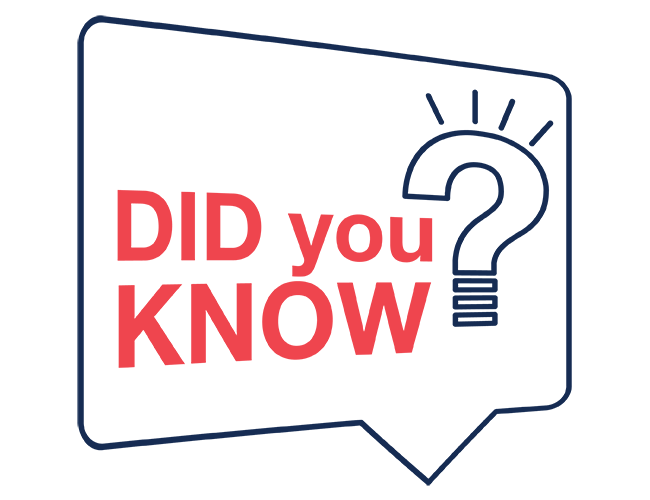
BIAL Foundation is seen as “Visionary”
Did you know that some of the researchers supported by the BIAL Foundation describe it as “Visionary”?
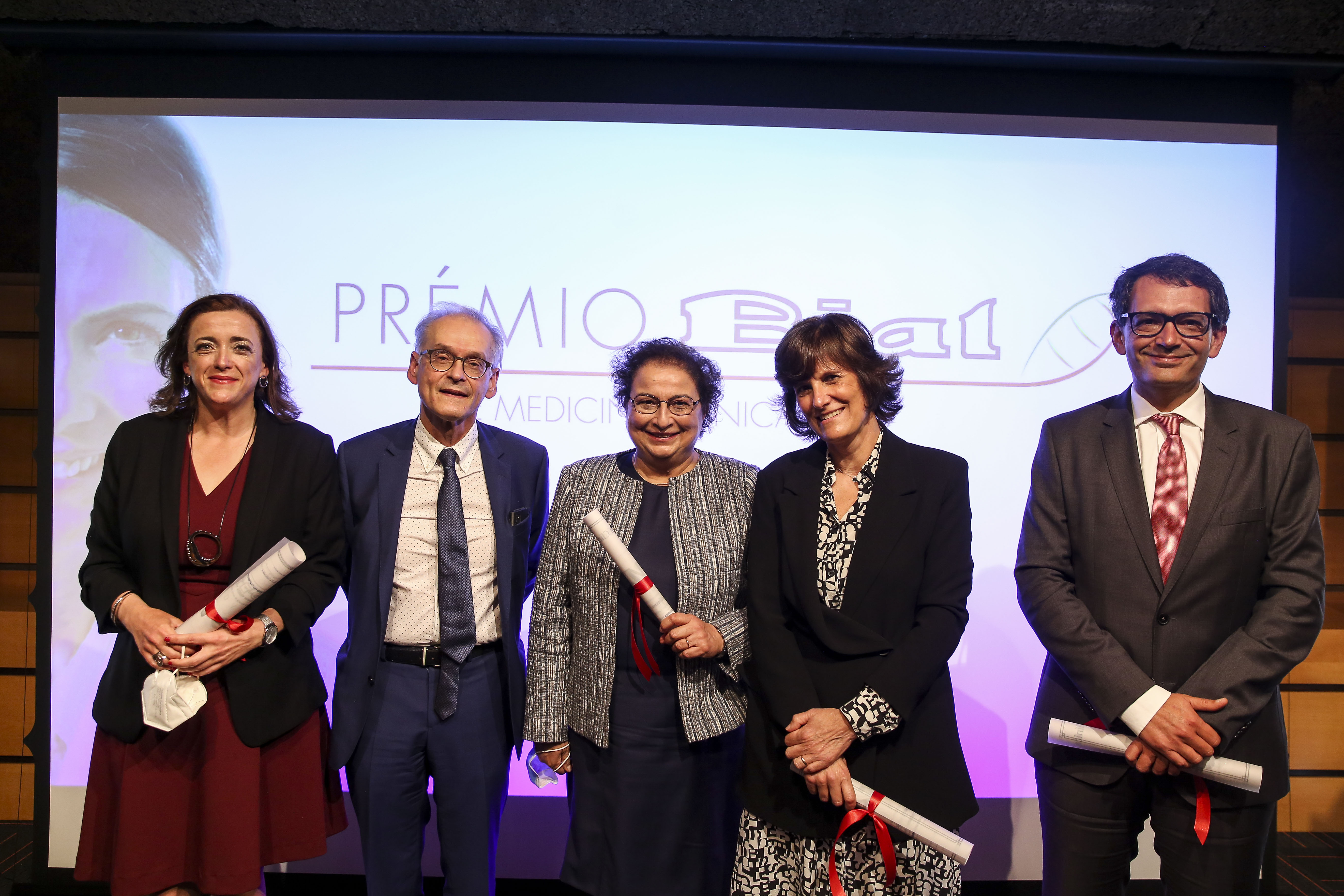
Prémio BIAL de Medicina Clínica 2020 distinguishes work on familial amyloid polyneuropathy, cancer and COVID-19
BIAL FOUNDATION DISTINGUISHES WORK ON FAMILIAL AMYLOID POLYNEUROPATHY WITH 100 THOUSAND EUROS PRIZE The “Prémio BIAL de Medicina Clínica 2020” has distinguished a team coordinated by Teresa Coelho, Director of the Neurophysiology Department at the Academic Medical Centre of Porto, for the work “A Paramiloidose em Portugal e no mundo: de doença fatal a doença crónica com qualidade de vida preservada” (Paramyloidosis in Portugal and the world: from fatal disease to chronic disease with preserved quality of life).

The beneficial effects of acceptance on psychological well-being
Antonino Raffone et al., reported some of the results of project Aware Mind-Brain: Bridging insights on the mechanisms and neural substrates of human awareness and meditation, supported by the BIAL Foundation, in the paper Acceptance, and Not Its Interaction with Attention Monitoring, Increases Psychological Well-Being: Testing the Monitor and Acceptance Theory of Mindfulness published in Mindfulness.
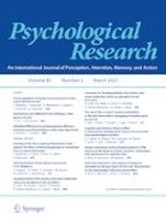
The impact of space and time on perception
In the scope of project 376/14 - Lateralisation of cognitive functions in the brain: Typical vs. atypical patterns, supported by the BIAL Foundation, Deborah J. Serrien e Michiel Spapé published the paper Space, time and number: common coding mechanisms and interactions between domains in the journal Psychological Research.

UK, Portugal and USA were the countries with most supported projects
Did you know that the United Kingdom, Portugal and USA were the countries with most research projects supported by the BIAL Foundation over time?

The BIAL Foundation has been present in 29 countries
Did you know that the BIAL Foundation has already supported 775 research projects from 29 countries? In the latest edition of the Grants programme for Scientific Research 2020/21, 3 countries joined the list - Denmark, Finland and New Zealand.

The effects of long-term meditation
The research team of the project Aware Mind-Brain: Bridging insights on the mechanisms and neural substrates of human awareness and meditation, coordinated by Antonino Raffone, published in Scientific Reports the paper Attentional and cognitive monitoring brain networks in long-term meditators depend on meditation states and expertise.

The neuronal basis of biases in monkeys
In the scope of project 117/18 - The neuronal basis of biases, supported by the BIAL Foundation, the research team led by Rubén Moreno Bote published the paper Prefrontal cortex represents heuristics that shape choice bias and its integration into future behavior in the journal Current Biology.
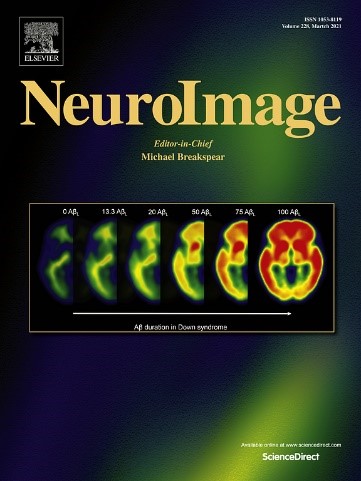
The effects of blinks and saccades on visual perception
In the scope of a project supported by the BIAL Foundation 231/10 - Toward understanding visual awareness: An intracranial EEG study on transient suppression phenomena of conscious visual perception, the research team led by Tonio Ball published the paper Blink- and saccade-related suppression effects in early visual areas of the human brain: Intracranial EEG investigations during natural viewing conditions in the journal NeuroImage.
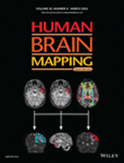
Researchers supported by the BIAL Foundation published in Human Brain Mapping
Miguel Castelo-Branco et al. published in the scope of the research project 207/16 - The role of motion adaptation in bottom-up mechanisms of perceptual decision-making, supported by the BIAL Foundation, the paper The dual nature of the BOLD signal: Responses in visual area hMT+ reflect both input properties and perceptual decision in Human Brain Mapping.

Impact of hypnotic suggestions on the answer
The paper Now You See One Letter, Now You See Meaningless Symbols: Perceptual and Semantic Hypnotic Suggestions Reduce Stroop Errors Through Different Neurocognitive Mechanisms was published in Frontiers in Neuroscience by Rinaldo Livio Perri et al., in the scope of the just concluded project 101/18 - Hypnosis and Cognition: Neural Basis of Hypnotic Suggestion on Executive Functions and Perceptual Awareness.
Looking for collaboration

The quest of physiological markers for the experience of pain
Researcher: Elia Valentini - Department of Psychology & Centre for Brain Science, University of Essex Summary: The aim of this project is to improve measurement of the human experience of pain by investigating a combination of psychophysical and physiological responses during mild noxious stimulation. More specifically, we want to investigate how sensitive and specific to pain the brain oscillatory responses are. We use EEG as the main technique, but we are keen to collaborate with neuroscientists using fMRI, autonomic measures and brain stimulation as well as with computational neuroscientists. A clinical collaborator would also be very much welcome.

EEG investigation of hypnosis and decision-making
Researcher: Rinaldo Livio Perri - University Niccolò Cusano Rome, Italy Summary: I work in the field of hypnosis and cognitive neuroscience. In particular, I adopt the event-related potentials (ERPs) to investigate the effect of the hypnotic suggestions on sensory processing and cognitive performance. I am an expert in decision-making and proactive brain processes before the stimulus administration (e.g., the perceptual, prefrontal and premotor readiness during the expectancy stage). I could help colleagues to properly analyze the ERP signal in the pre-stimulus stage of processing. Also, I would be happy to share my EEG data for re-analyzing them in the frequency domain (e.g., wavelet or coherence analysis in the hypnosis research). Feel free to contact me for any question! More information on my papers: https://scholar.google.it/citations?user=-8e_V64AAAAJ&hl=it Possible collaborations: neuroscientist with experience in the EEG frequency analysis Email: perri.rinaldo@gmail.com

Transparent Psi Project - looking for collaborators
Summary: We are running a fully transparent, expert consensus-base multilab replication of Bem’s (2011) experiment 1. The project features state of the art methods to maximize transparency and study integrity. The study involves a computerized experiment taking about 20 minutes per session. Group testing is possible in a computer lab, no specialized equipment needed. Labs are expected to recruit at least 100 participants. Participants will be exposed to images with explicit erotic/sexual content in the experiment. No financial compensation is required for the participants. Data collection is expected to take place in the 2020 fall semester. Every material is provided for ethics/IRB submissions and data collection in English (translation of materials might be necessary by the collaborators). The study is pre-registered and the manuscript is accepted in principle for publication in the journal Royal Society Open Science. All collaborators who meet the minimum sample size criterion will get authorship on this paper reporting the results of the replication study. More information in the preprint: https://psyarxiv.com/uwk7y/ Indicate interest in the collaboration via the following form: https://tinyurl.com/tpp-labs With any question contact the lead investigator: Dr. Zoltan Kekecs, kekecs.zoltan@gmail.com

Cognitive control and learning
Researcher: Ignacio Obeso, Ph.D. / CINAC - HM Puerta del Sur Summary: The aim of our projects is to understand the behavioral and neural mechanisms used to learn how humans establish adaptive behaviour in changing contexts. More specifically, we want to decipher how stopping abilities are initially learned and later executed under automatic control. We use task-related fMRI, brain stimulation and clinical models to test our predictions in laboratory settings as well as online home-based paradigms. Possible collaborations: computational scientist Email contact: i.obesomartin@gmail.com https://iobesomartin.wixsite.com/cognitivecontrol
Find here some links to other Foundations, Organizations, Societies and more that you might be interested in.
- BrainFacts.org
- Cognitive Neuroscience Society
- Dana Foundation
- European Brain Council
- European Society for Cognitive and Affective Neuroscience (ESCAN)
- Federation of European Neuroscience Societies (FENS)
- Human Brain Project
- IANDS International Association for Near-Death Studies
- Institut Métapsychique International (IMI)
- Instituto de Psicologia Paranormal
- International Behavioral Neuroscience Society (IBNS)
- International Brain Research Organization
- IONS Institute of Noetic Sciences
- Kavli Foundation
- Koestler Parapsychology Unit
- Open Sciences
- Organization for Human Brain Mapping (OHBM)
- Parapsychological Association
- Psi Encyclopedia
- Rhine Research Center
- Sociedade Portuguesa de Neurociências
- Sociedade Portuguesa de Neurologia
- Society for Neuroscience
- Society for Psychical Research
- Society for Scientific Exploration (SSE)
- World Federation of Neurology

